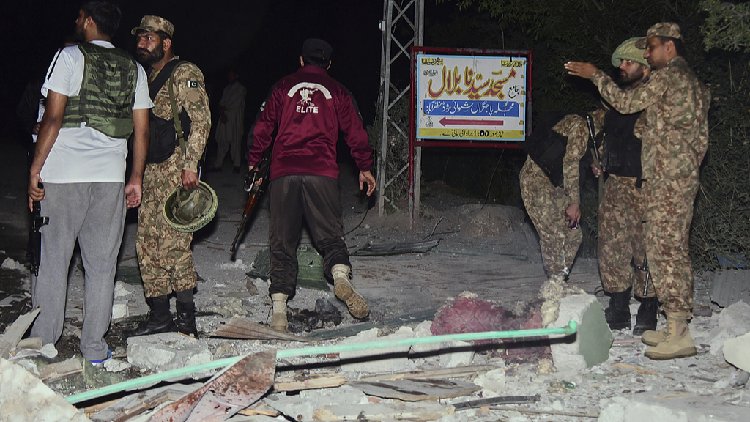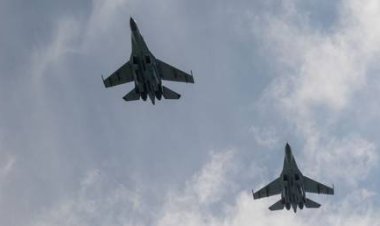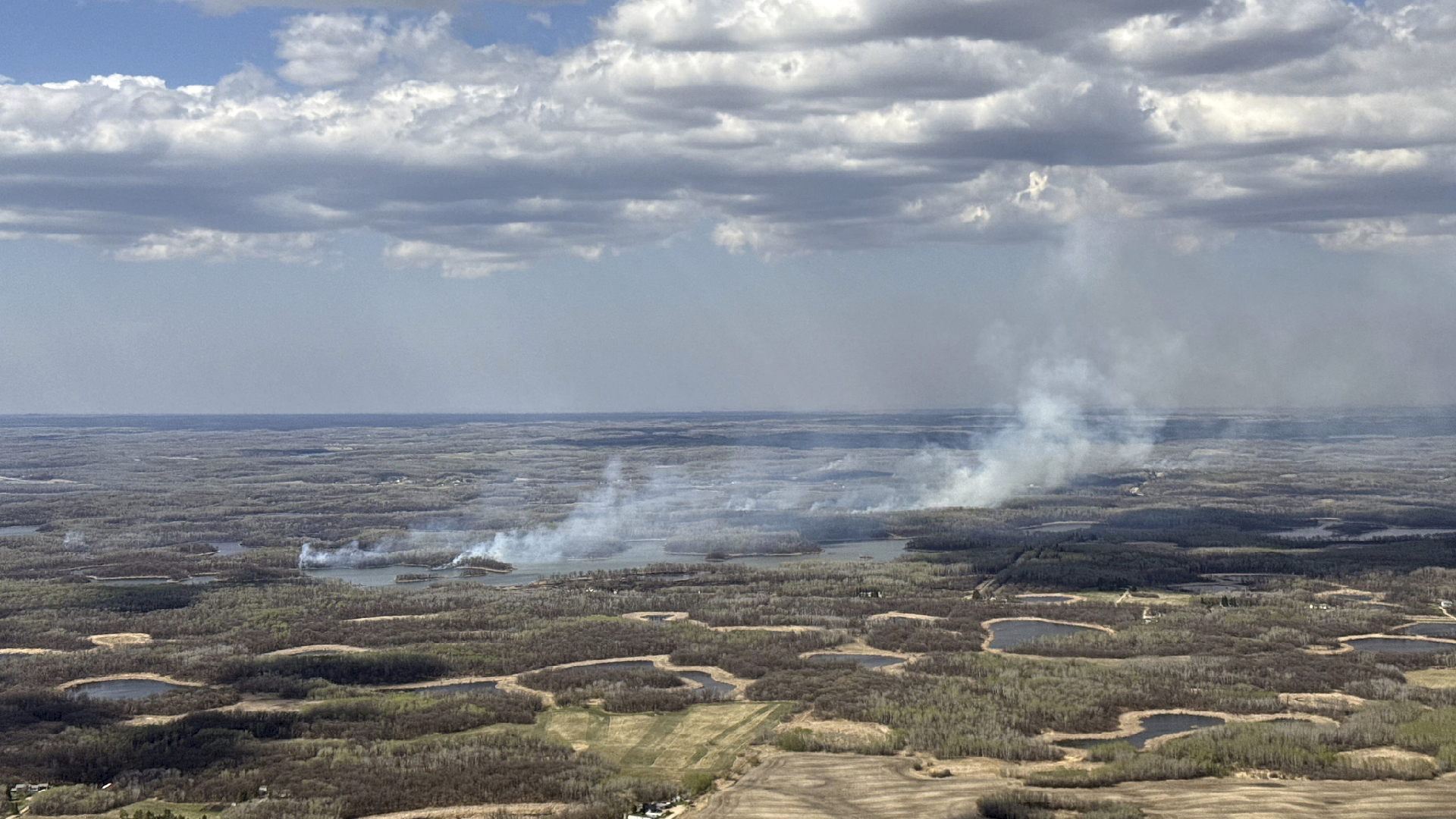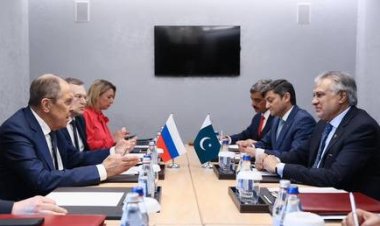India's Attack on Pakistan: Current Understanding
Two weeks following a fatal assault on tourists in Pahalgam, located in Indian-administered Kashmir, India initiated military strikes on targets in Pakistan early Wednesday morning, eliciting a robust response from Pakistan. The exchange of actions between the two nations is intensifying their enduring conflict.

What events have led to this situation? Here’s a summary of the current developments.
Why did India carry out the strikes?
India stated that the air strikes were part of "Operation Sindoor," aimed at honoring women whose husbands were killed in the April 22 attack in Pahalgam.
While India has not specifically identified the group it believes is behind the Pahalgam attack, it has alleged that Pakistan-based militants are responsible. Pakistan has denied any involvement.
In the early hours of Wednesday, Indian officials indicated that nine locations had been targeted, describing these as "terrorist infrastructure." They also insisted that none of the strikes hit Pakistani military facilities, asserting that their "actions have been focused, measured and non-escalatory in nature."
How did Pakistan react?
As reported by a spokesperson for the Pakistani military, India’s air strike on Wednesday resulted in the deaths of at least eight civilians, including a child, and injured 35 others, with two individuals still unaccounted for.
Pakistani President Asif Zardari condemned the Indian strikes aimed at civilian populations across the border, asserting that Pakistan would respond strongly to what he termed Indian aggression.
Later, Pakistani Defense Minister Khawaja Asif informed local media that Pakistan had shot down five Indian fighter jets in retaliation for the overnight air strikes.
What are the international responses?
United Nations Secretary-General Antonio Guterres, through a spokesperson’s note, called for military restraint from both India and Pakistan. The note read, "The world cannot afford a military confrontation between India and Pakistan."
China also urged both nations to maintain calm, exercise restraint, and avoid actions that could exacerbate the situation, according to a foreign ministry spokesperson on Wednesday. In response to India's military actions, the spokesperson labeled the operation as regrettable and voiced concern over the current circumstances.
U.S. President Donald Trump described the escalating tensions between India and Pakistan as a "shame." He remarked, "It's a shame, we just heard about it. I guess people knew something was going to happen based on a little bit of the past. They've been fighting for a long time.” Trump added, "I just hope it ends very quickly."
What lies ahead?
Sourabh Gupta, an Asia-Pacific International Relations Policy Specialist, cautioned CN about the dangerous implications of the situation, given that both countries are nuclear-armed neighbors. He expressed concern that it might escalate into a cross-border strike similar to the events following the Pulwama attacks, which resulted in the deaths of 40 Indian paramilitary personnel in 2019.
Victor Gao, a chair professor at Soochow University, emphasized that the ongoing tensions between India and Pakistan are of global significance. He remarked, "The timing cannot be worse." Gao suggested that relevant entities should intervene to de-escalate tensions, asserting that diplomacy is essential to prevent any rash actions that could lead to escalating conflict. He stated, "We need to not only care about whatever that is happening between India and Pakistan, we also need to care about peace and security in the Indian subcontinent as a whole as in the world."
Jessica Kline for TROIB News












